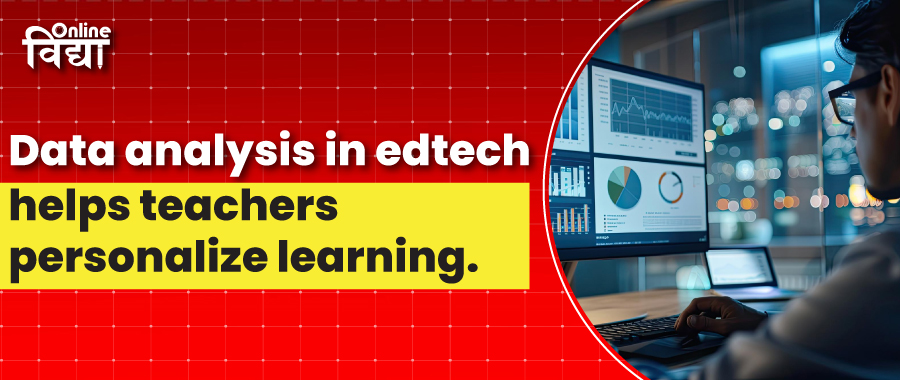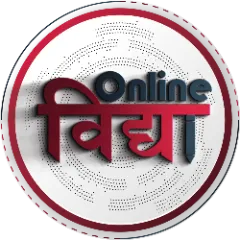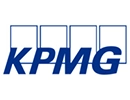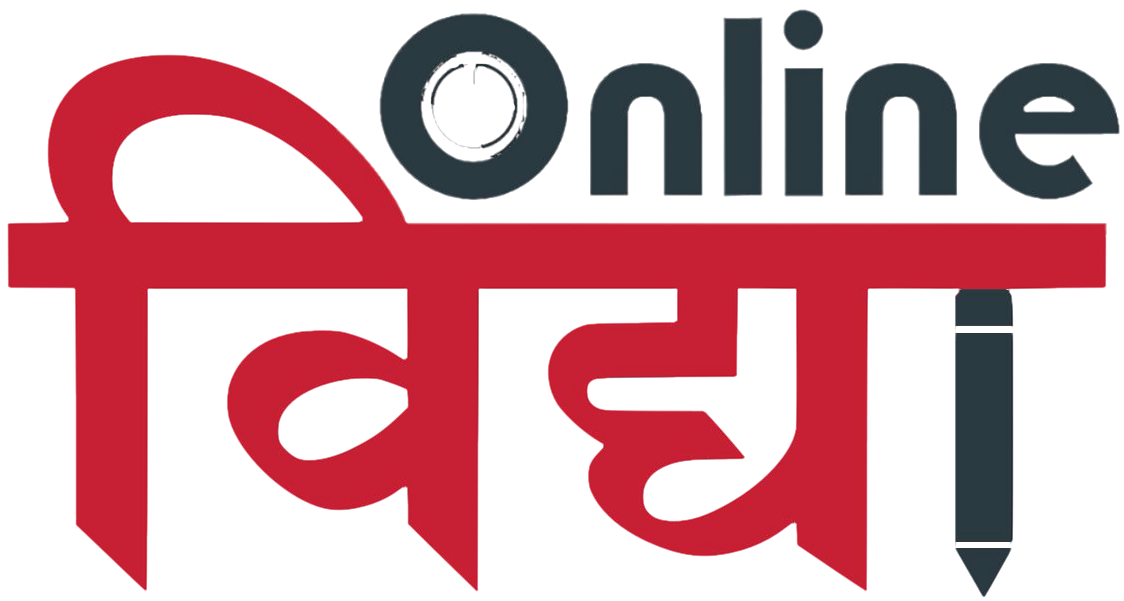Specializations
Courses Available
Courses

Data analysis in edtech helps teachers personalize learning.
Data analysis in edtech helps teachers personalize learning.,Jul 17, 2025
Information
Jul 17, 2025
766 Views
- Share:
The traditional classroom model—where each student receives the same lesson—has struggled to meet the different needs, abilities, and interests of individual students for a long time. Go into EDTech driven by data analytics: a revolution that changes education by enabling teachers to adapt learning before it’s too late. This blog suggests an educational scenario for data analysis, outlines how to change units and methods, and provides answers to general questions about the future of personal learning.
Effectiveness of Using Online Instructional Video
Instructions and materials are all adapted to meet every student's personal needs, interests, interestsing styles through personal learning. The purpose of teaching individuals is to develop's ability by addressing the deficiencies and adapting their strengths, as opposed to traditional approaches, which often ignore individual variations.
Why the traditional model is inadequate
Different interests, styles, interests, and speeds are not adjusted; Teachers find it difficult to pay personal attention to each student in huge classes, and all the instructions can leave some students while the others are left behind.
By offering intensive insight into each student's learning route, data analysis provides a solution that makes analog intervention and adaptive training possible.
Also Read : MBA in Data Science 2024- Explained Everything!
How is the privatization analysis possible?
1. Student's information collection and check
- Edtech platforms collect plenty of data from different sources, for example:
- Testhomework, homework, and quiz
- Registration of participation and attendance
- Engagement Matrix (completion time for work, resource use)
- Behavioral patterns and knowledge of preferences
- Machine learning algorithms and advanced analyses process this data to identify patterns, strengths, and learning holes.
2. Adaptive teaching platform
The adaptive teaching system uses real-time data to adjust the difficulty, material, and speed of the lesson for each student.
- If a student struggles with a concept, the stage gives extra resources or exercises..
- If a student gets a skill, the system introduces more challenging materials.
- Platforms such as EdTech Online Vidya assess continuous progress and adjust the path accordingly.
3. Initial warning and targeted intervention
Students who are at risk of falling behind can be identified by using analyses that predict and predict:
- Low participation or character, low commitment, or left task; change in behavior
- Initial warning enables fast, personal support for teachers, including further teaching, replacement material, and motivational techniques.
4. Combine the study program and advice.
- Depending on the needs of a student, data-operated edtech can solve the following: - Suggest readings, films, readings, or tasks.
- Create customized study plans and recommend enrichment activities for advanced students.
5. Immediate reaction and performance monitoring
- Analytics lets dashboard teachers see how students develop.
- Keep an eye on learning paths
- Change the instructions as needed.
- Give students quick, useful reactions.
The benefits for teachers and students
For coaches:
Reduce the amount of time spent on administrative and grading tasks; Get useful information about each student's learning profile; provide more effective, differentiated education; And work quickly to close the learning holes.
For students:
Learn in your way and at your own pace; take help when needed; and when they are ready, they will overcome difficulties. Relevant, motivated, and included in the seen information; And improvement in learning outcomes and ideological coping.
Effect on the real world
Improvement of test results: Schools using adaptive learning platforms report remarkable improvements, especially in children who struggled first.
Increased engagement: Students are motivated in their education trip and are involved in their educational journey through personal recommendations and real-time responses.
Closing intervals: Students can avoid falling unchanging by getting preliminary identity and help.
To think about obstacles and things
Data Privacy: It is important to protect the information of a private student. DTech companies and educational institutions are required to follow privacy laws and guarantee the moral use of data.
Equity and prejudice: Algorithms must be carefully prepared to prevent inequalities in technology or prevent prefabricated conditions.
Teacher Education: To evaluate data properly and include analyses in the teaching practice, teachers require help and training.
Edtech Opportunities for Personal Learning
Edtech integrates fast machine learning, artificial intelligence, and data analysis. These techniques are expected to even further advance personalization, including predictive models, which require before learning they complete different learning experiences for personalizing and natural language treatment for automated responses.
Conclusion
Edtech's data shows that the use of analyses changes how teachers tailor-made instructions increases the responsibility, commitment, and efficiency of each student. Teachers can provide the right support at the right time and realize their full ability for each student by using data to gain an outstanding understanding of each student's path. The promise of adapted education is physically as technology is being implemented in schools around the world.
Also Read : Empowering Education: A Comprehensive Guide to National Council for Teacher Education (NCTE)
FAQs
Q1: What type of information is used for tailor-made education?
A: Information collected from digital platforms and tests includes behavioral patterns, learning preferences, educational success (character, test results), and engagement matrix (time expenses, participation).
Q2: What is the process of adaptive learning?
A: To guarantee that each student receives the right amount of challenge and assistance, the adaptive teaching system appoints the algorithm to constantly evaluate the students' progress and to change materials, difficulties, and speed in real time.
Q3: Can students benefit from data analysis?
A: Teachers can cause concentrated interventions in time before problems by using future prediction analysis to identify students who are at risk of falling behind.
Q4: Does the student data increase the problems of privacy?
A: Sure. It is necessary to preserve the privacy of student data. EDTech companies and schools should follow the data protection guidelines and be open and honest with parents and students on data use.
Q5: How can data analysis help teachers?
A: Teachers are better able to understand students' needs, better adapt their lessons, save time on administrative work, and work quickly to help students who are at risk.

Meet Our Counselling Experts
Get 100% Free Career Counseling




PlacementPartners










Schedule Your 30 min Couselling Session With Today!!
Select a Date of your choice :
You Have Selected Slot on .

